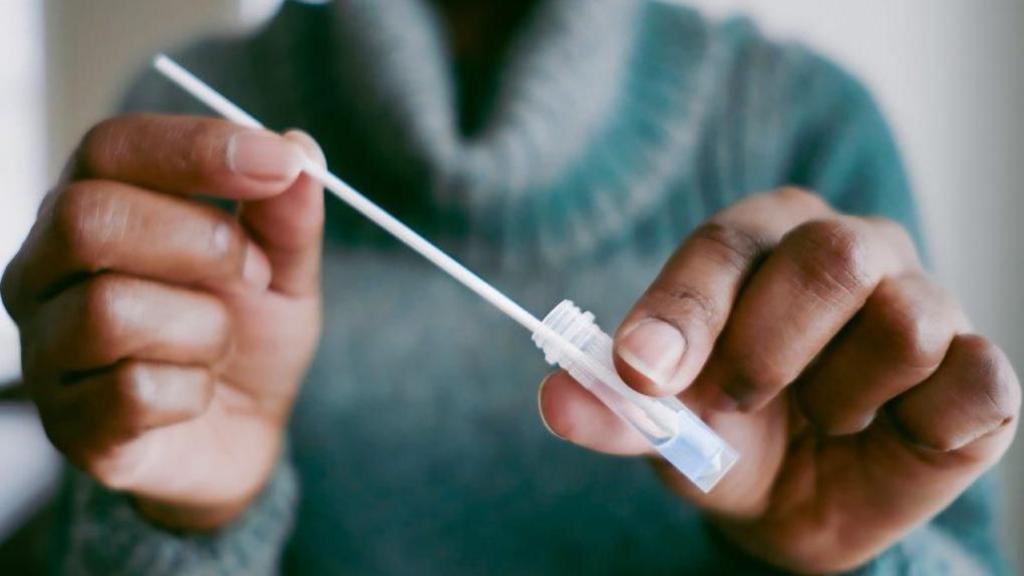Are Your Home Health Tests Reliable? New Study Raises Concerns About Accuracy

Concerned about your health and considering a convenient home self-test kit? A recent study from the University of Birmingham has revealed a worrying truth: many of these kits may not be as accurate as you think. Researchers analyzed 30 different self-test kits, ranging in price from a budget-friendly £1.89 to a more substantial £39.99, all purchased in 2023.
The scope of the investigation was broad, encompassing tests designed to detect a variety of conditions including bowel cancer, vitamin deficiencies, thyroid problems, HIV, and even indicators related to the menopause. The findings highlight a significant issue with the reliability of these readily available health assessments, potentially leading to unnecessary anxiety or, conversely, a false sense of security.
The Problem with DIY Diagnostics
The allure of home health tests is undeniable. They offer privacy, convenience, and the promise of quick answers without a trip to the doctor. However, this study underscores the importance of approaching these kits with caution. Several factors contribute to the potential for inaccuracy:
- Lack of Regulation: Home health tests often fall outside the stringent regulatory frameworks that govern medical laboratory testing. This can result in variations in quality control and validation processes.
- Sample Collection Issues: Accurate results depend on proper sample collection. Many users may not be fully aware of the correct procedures, leading to errors that can skew results. Factors like contamination, improper storage, or inadequate sample volume can all impact accuracy.
- Variations in Test Methodology: The tests themselves vary considerably in their methodology and sensitivity. Some may be designed for research purposes rather than clinical diagnosis, and their accuracy may not be well-established.
- Interpretation Challenges: Even if the test itself is accurate, interpreting the results can be tricky. A positive result doesn't always mean you have the condition, and a negative result doesn't guarantee you're completely free from risk.
What the Study Found
While the full details of the study are still emerging, the initial findings suggest that a significant proportion of the tested kits exhibited questionable accuracy. The researchers noted inconsistencies in instructions, unclear reporting of limitations, and a general lack of transparency regarding the underlying scientific basis of the tests. They emphasized that consumers should not rely solely on home test results for making important health decisions.
Recommendations for Consumers
So, what should you do if you're considering using a home health test? Here's some advice:
- Consult Your Doctor: Discuss your concerns with your doctor before purchasing or using a home test. They can advise you on whether a test is appropriate and help you interpret the results.
- Research the Test: Look for independent reviews and scientific evidence supporting the test's accuracy.
- Follow Instructions Carefully: Read and follow the instructions meticulously. Pay close attention to sample collection and storage guidelines.
- Don't Self-Diagnose: Never self-diagnose or self-treat based solely on the results of a home test.
- Seek Professional Confirmation: If you have any concerns about your health, seek confirmation from a qualified healthcare professional.
This study serves as a crucial reminder that while home health tests can be a convenient tool, they are not a substitute for professional medical advice. Consumers need to be informed and cautious when using these kits to avoid potential harm and ensure their health remains a top priority.






